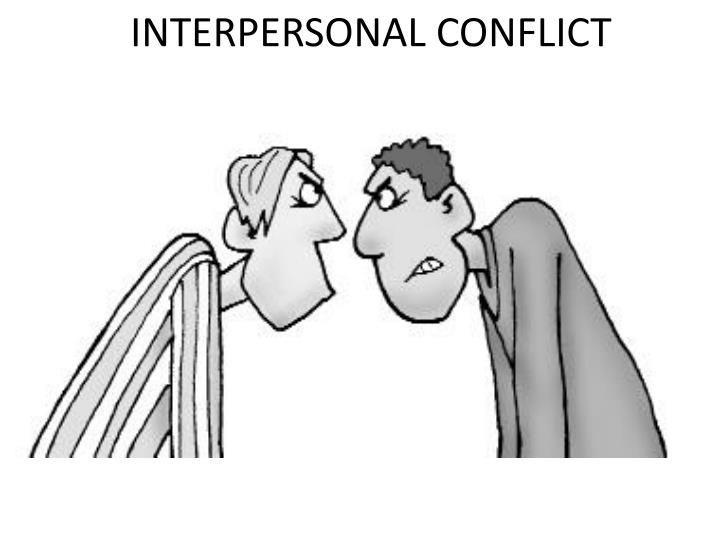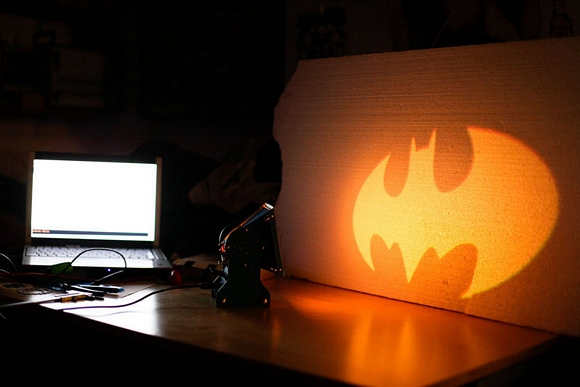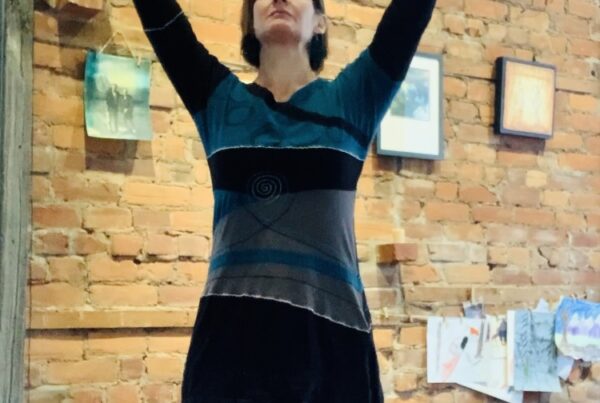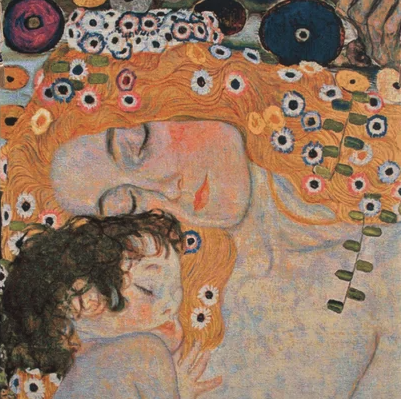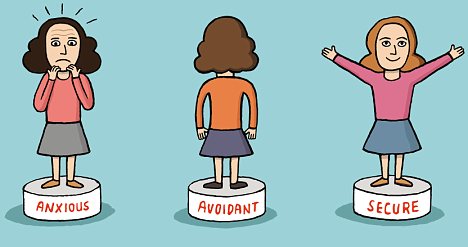Interpersonal conflict is inevitable in life. How we deal with it – both within ourselves and in communication with the other, can take us on very different paths.
Exploring our reactiveness can:
- help us understand ourselves more deeply
- find compassion for ourselves and the other
- develop stronger, healthier relationships.
The possibility of projections
When we get disturbed by others, either positively or negatively, we are often projecting something within ourselves onto the other unconsciously.
For example, I can get irritated when people close to me aren’t totally perfect, neh.. omnipotent. Say my husband does x job for the family very well one weekend and spends a lot of time on it, and is clearly exhausted, but he didn’t do y as well. Inside I feel a little annoyed, even though I can see it’s not rational. I could react and act annoyed and grumpy. Or I could see what it happening… I could recognise that I have a totally unrealistic expectation of myself to do everything extraordinarily well. An expectation I rarely in fact meet. I get frustrated with myself, and I end up depleted and unsatisfied. Not helpful. Not what I want in life. So following a process like that outlined below, I could come back to my own feelings, be with them, and offer myself some kindness and relief from whatever wheel of torture I’ve been running on. Then I can relate more kindly to him, from a connected place, not from my-wheel-of-torture-distant-place.
So what I’m saying is that rather than continuing to act it out and create distance and more upset, we have a choice. We can look inside ourselves and find out where this is coming from. We can own our own projections.
Okay, I’m ready (and scared). How do I try it?
It can be tricky work to explore our own projections, since as mentioned they are unconscious. Here’s a great exercise to help you explore and own your projection of someone else.
It’s presented by the very eloquent mediator, facilitator and spiritual teacher Diane Musho Hamilton Sensei in this video. It follows the tradition of Ken Wilber and his Integral Life Practice.
